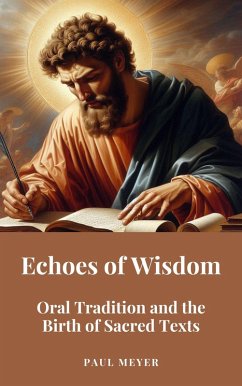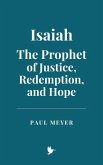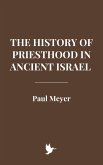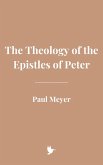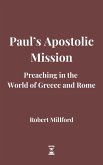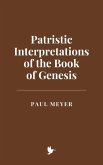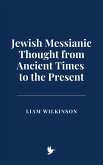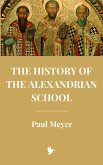The book traces the formation of the Oral Torah in Judaism and the apostolic tradition in Christianity, examining how these foundations shaped each community's approach to scripture, ethics, and communal life. Jewish and Christian authorities found creative ways to integrate oral traditions into their sacred texts, preserving pluralistic interpretation and adaptability. Key practices, such as the Jewish study of Talmud and Christian engagement with creeds and councils, reveal how both communities balanced preservation with openness to reinterpretation across generations.
Dieser Download kann aus rechtlichen Gründen nur mit Rechnungsadresse in A, B, CY, CZ, D, DK, EW, E, FIN, F, GR, H, IRL, I, LT, L, LR, M, NL, PL, P, R, S, SLO, SK ausgeliefert werden.

